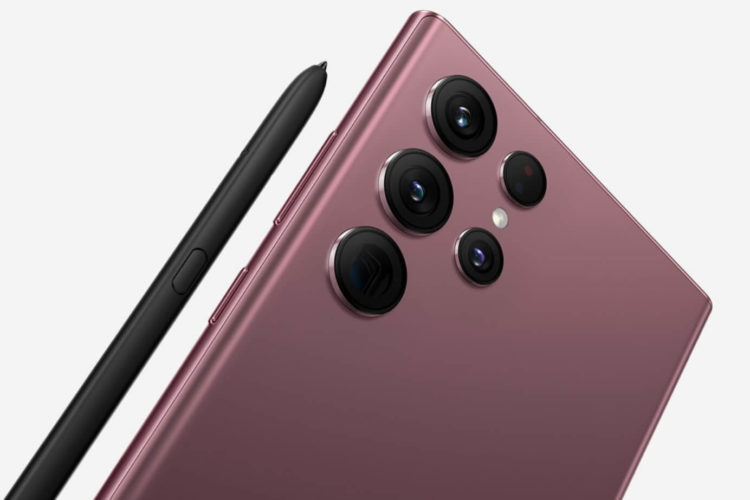The electronics giant Samsung’s latest flagship smartphone will have a new wallet function that will allow users to store digital documents – and, reportedly, crypto.
The device, named the Galaxy S22 Ultra, will be able to store ID documentation, including student IDs, driver’s licenses, and national ID cards in digital form, as well as digital keys for houses and cars keys in a new Digital ID feature that will be made available “later this year.”
It will also, the company said in a press release, allow users to store digital credit and debit cards. Customers will also be able to use the ID feature to store boarding passes and “access tickets,” and will seek to debut these functions in its native South Korea “first after the product release.”
Numerous media outlets also reported that other documents, such as coronavirus vaccination records could also be stored in the wallet, which will be compatible with crypto, per outlets such as ZDNet.
Samsung called the wallet “a seamless, convenient and secure experience to make everyday life easier,” that “combines digital payment, ID, keys and asset management into one tool to simplify your routines, from showing your student ID to compiling travel documents before a flight.”
Multiple South Korean companies – Samsung included – have been working on domestic solutions involving blockchain-powered wallets in recent years. These wallets allow users to store a number of digital documents, including blockchain-powered digitized driving permits.
In South Korea, these have been mostly referred to as Distributed Identity Identification (DID) technology. An increasing number of South Korean businesses have begun adopting forms of digitized documentation, which is almost universally stored in wallets not dissimilar to those used elsewhere to store crypto and non-fungible tokens (NFTs).
Most recently, one of the nation’s biggest banks revealed it would start accepting a blockchain-powered driving permit that has been launched in conjunction with the national police force.
Samsung made scant mention of blockchain or crypto in its release, however, merely noting that its Knox Vault security platform “completely isolates sensitive data like your passwords, biometrics or blockchain keys from the phone’s main operating system.”
Certain social media users and media commentators, meanwhile, were less than awed by the phone’s launch in the metaverse.
As reported, the electronics giant held a showcase for the new device at a Decentraland store named 837X that it first unveiled at last month’s Consumer Electronics Show (CES) in Las Vegas.
The media outlet Cnet was unimpressed, with a report from an author who stated that the event “felt rushed and incomplete” and “served more as an example of what not to do when using the metaverse to host a product launch.”
The journalist, Russell Holly, explained that “many people were unable to actually enter Samsung 837X before the event started,” leaving “I and dozens of my fellow metazens […] changing servers to find one that worked.”
Holly wrote of his experience:
“Once a server with open doors had been located, the next challenge was finding the room inside this virtual building where the announcement event was actually streaming.”
The Cnet author concluded that the event was “a half-hearted attempt in a long line of cultural zeitgeist moments from Samsung.”
____
Learn more:
– People ‘Will Spend 1 Hour a Day in Metaverse in Four Years’ Time, Predicts Gartner
– Samsung Adds 3rd-Party Crypto Wallet Support
– Metaverse Trends in 2022: Prepare for More Gaming and New Virtual Experiences with NFTs
– Trezor Ditches a Controversial KYC Feature, Plans Features to ‘Cut Off Regulatory Overreach’
– First 1,000 Robinhood Customers Get Crypto Wallets
Credit: Source link












































































































































